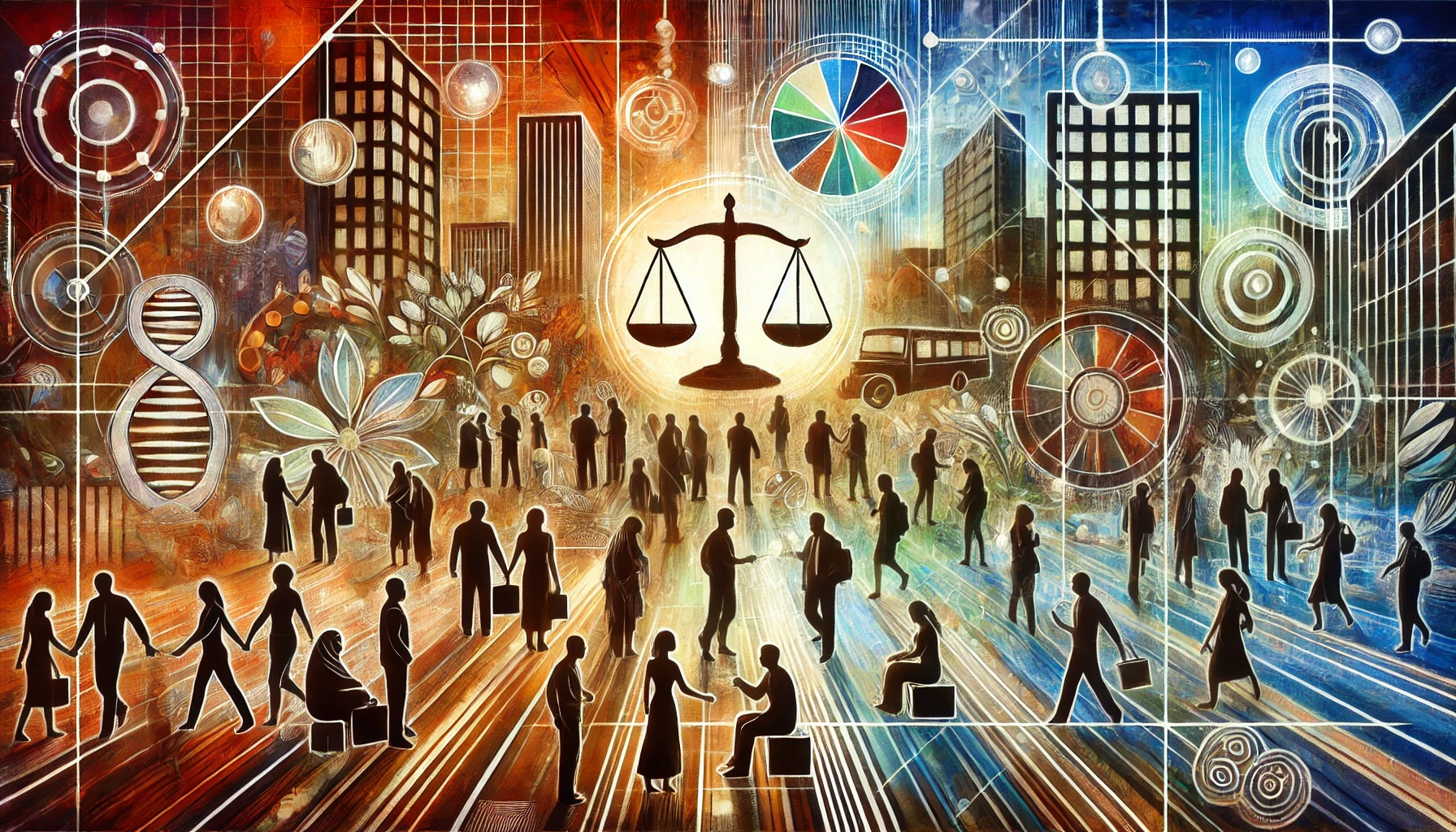Social criminology and criminology are closely related fields that delve into the complexities of crime, its causes, and its societal implications. While criminology encompasses a broad study of crime and criminal behavior, social criminology focuses on the social factors influencing crime and how society responds to criminal activities. This article explores the definitions, key concepts, differences, and overlaps between these disciplines, providing insights into their importance in modern research and policy-making.
What is Criminology?
Criminology is the scientific study of crime, criminal behavior, and the criminal justice system. It draws on disciplines like sociology, psychology, law, and anthropology to analyze the causes of crime and develop methods for its prevention. Key areas of criminology include:
- Theoretical Criminology: Examines the various theories explaining criminal behavior, such as classical, biological, psychological, and sociological theories.
- Applied Criminology: Focuses on practical applications, such as crime prevention, law enforcement strategies, and rehabilitation programs.
- Comparative Criminology: Studies crime across different cultures and legal systems to identify universal patterns and unique challenges.
What is Social Criminology?
Social criminology is a subfield of criminology that emphasizes the social dimensions of crime. It investigates how factors like poverty, inequality, education, family structures, and peer influence contribute to criminal behavior. Additionally, it examines how social institutions and policies can mitigate or exacerbate crime rates.
Core Concepts in Social Criminology:
- Social Structures: The role of societal hierarchies and inequalities in fostering or deterring crime.
- Cultural Norms: How cultural values and norms shape perceptions of criminal behavior.
- Community Dynamics: The impact of neighborhood cohesion, or lack thereof, on crime rates.
- Deviance and Social Control: How societies define deviance and enforce norms through formal and informal mechanisms.
Differences Between Criminology and Social Criminology
| Aspect | Criminology | Social Criminology |
|---|---|---|
| Scope | Broad study of crime and criminal justice. | Focuses specifically on social factors of crime. |
| Approach | Interdisciplinary: includes biology, psychology, and law. | Primarily sociological. |
| Objective | Understanding all aspects of crime. | Analyzing social influences on crime. |
Overlaps Between Criminology and Social Criminology
Despite their distinctions, criminology and social criminology share significant overlaps:
- Both aim to understand crime and its prevention.
- Both rely heavily on empirical data and theoretical frameworks.
- Both contribute to shaping criminal justice policies.
Importance of Social Criminology
Social criminology plays a critical role in addressing contemporary social issues. By highlighting the social causes of crime, it offers insights into:
- Policy Development: Informing policies that address root causes like poverty and inequality.
- Community-Based Programs: Designing interventions that strengthen community ties and reduce crime.
- Rehabilitation: Advocating for rehabilitative approaches over punitive measures.

Applications of Social Criminology
1. Urban Crime Prevention
Understanding urban dynamics, such as overcrowding and unemployment, helps develop targeted crime prevention strategies.
2. Youth Crime Intervention
Programs focusing on at-risk youth can reduce juvenile delinquency by addressing peer pressure and providing educational opportunities.
3. Restorative Justice
Promoting restorative practices that involve victims, offenders, and communities to foster accountability and healing.
Future Trends in Criminology and Social Criminology
- Technological Integration: Using data analytics and AI to predict and prevent crimes.
- Global Perspectives: Addressing transnational crimes like human trafficking and cybercrime.
- Interdisciplinary Research: Strengthening collaborations between sociology, psychology, and legal studies.
Conclusion
Social criminology and criminology are indispensable in understanding and addressing crime in modern society. While criminology provides a comprehensive framework, social criminology emphasizes the societal context of criminal behavior. Together, they offer holistic solutions to the challenges posed by crime, ensuring safer and more equitable communities. By integrating insights from both fields, policymakers, researchers, and practitioners can create effective strategies to combat crime and promote social well-being.

